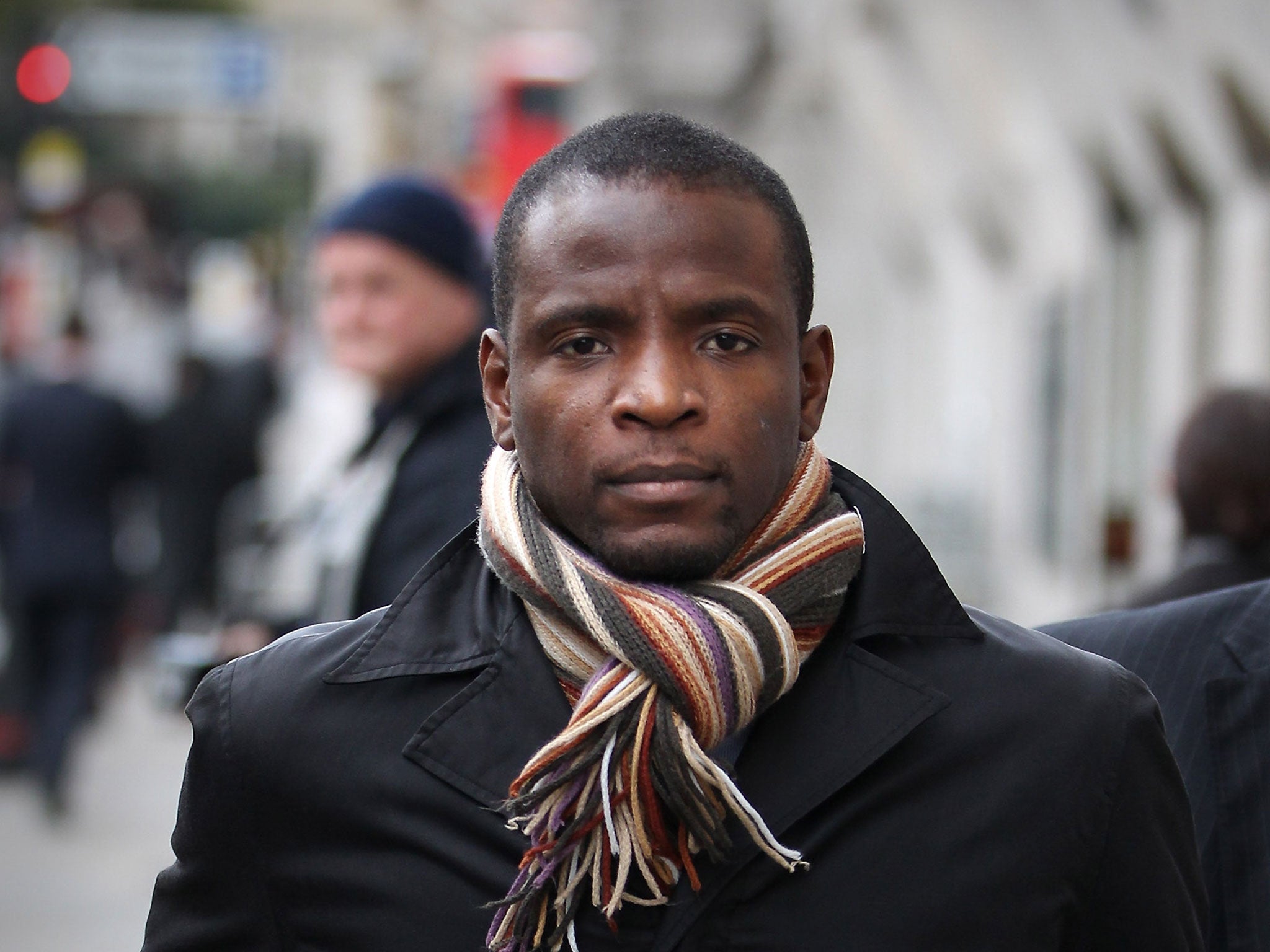Police officers could have to give 'face-to-face apologies' for unwarranted stop and searches
The proposals are designed to help restore public confidence in the police

People who are stopped and searched for no good reason should receive a personal apology from the officers concerned, to help restore public confidence in the police.
Under proposals being considered by police chiefs, individual officers could be forced to apologise to those they wrongfully stop and search. The new approach is being recommended by Adam Simmonds, Northamptonshire’s police and crime commissioner, who appointed Duwayne Brooks, friend of murdered teenager Stephen Lawrence, to review the use of stop and search.
“Members of the public who have been unreasonably stopped and searched should be given the opportunity to seek a face-to-face apology from the officer in question and discuss the impact it had on them,” he said.
Earlier this month The Independent reported that black people remain the most likely ethnic group to be stopped and searched in virtually every part of England and Wales.
New research commissioned by the Northamptonshire Police and Crime Commission shows that almost half of all those stopped and searched did not feel the police were justified in their actions. Fifty eight per cent of 19 to 24-year-olds who had been stopped and searched were unhappy with the way they were treated.
The report argues that a “restorative practice approach” is required to win back the trust of the public and allow victims to discuss the impact of their experiences.
Last year Northamptonshire set up “reasonable grounds panels”, composed of senior police officers and members of the public, to deal with complaints from people claiming they had been unreasonably stopped and searched.
Under the system, officers found to have fallen foul of the rules on three occasions are made to do a retraining course.
Steve White, chair of the Police Federation of England and Wales, said: “If officers misuse their powers – any of their powers – there are clearly established misconduct procedures to deal with that. It is a little unclear what this proposal [for personal apologies] is intended to achieve.”
